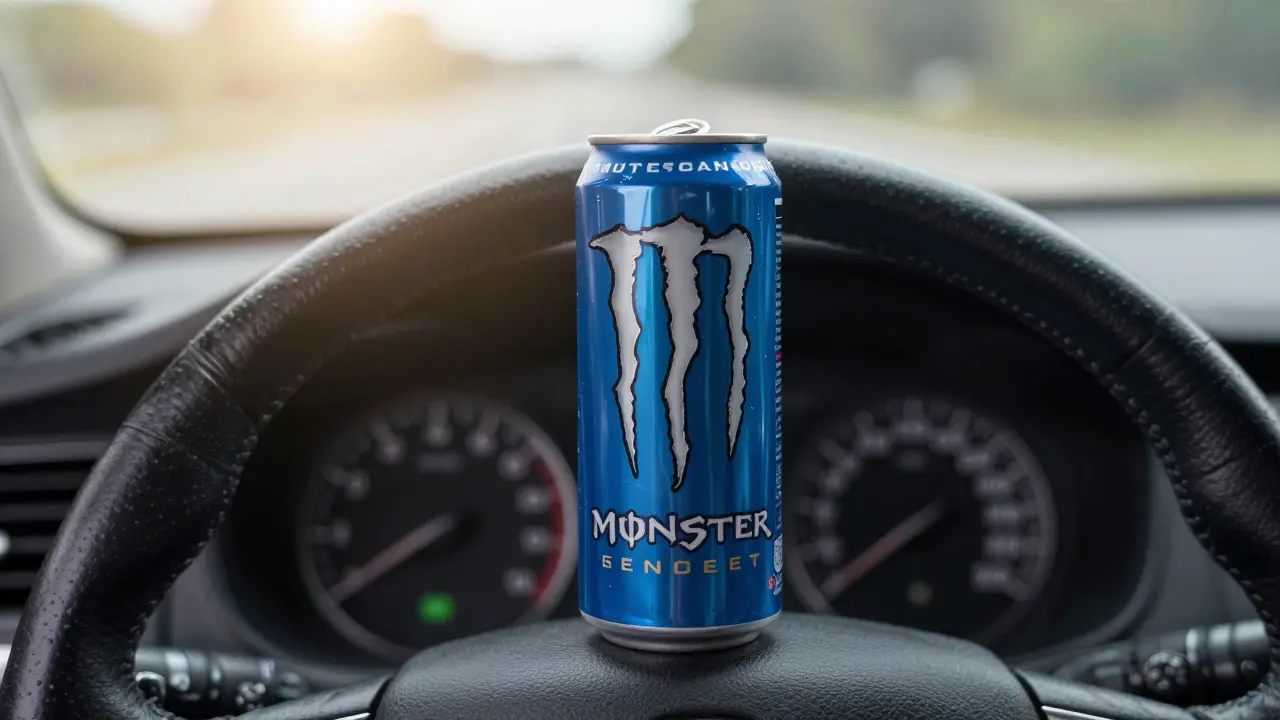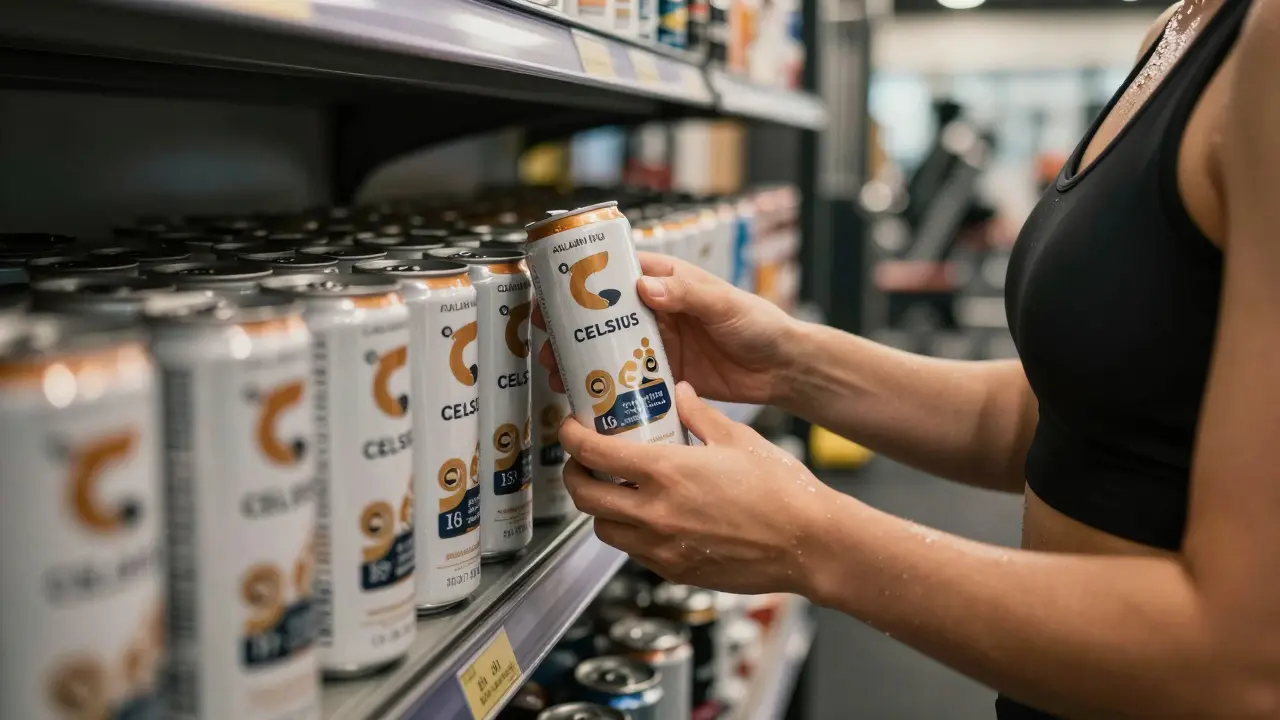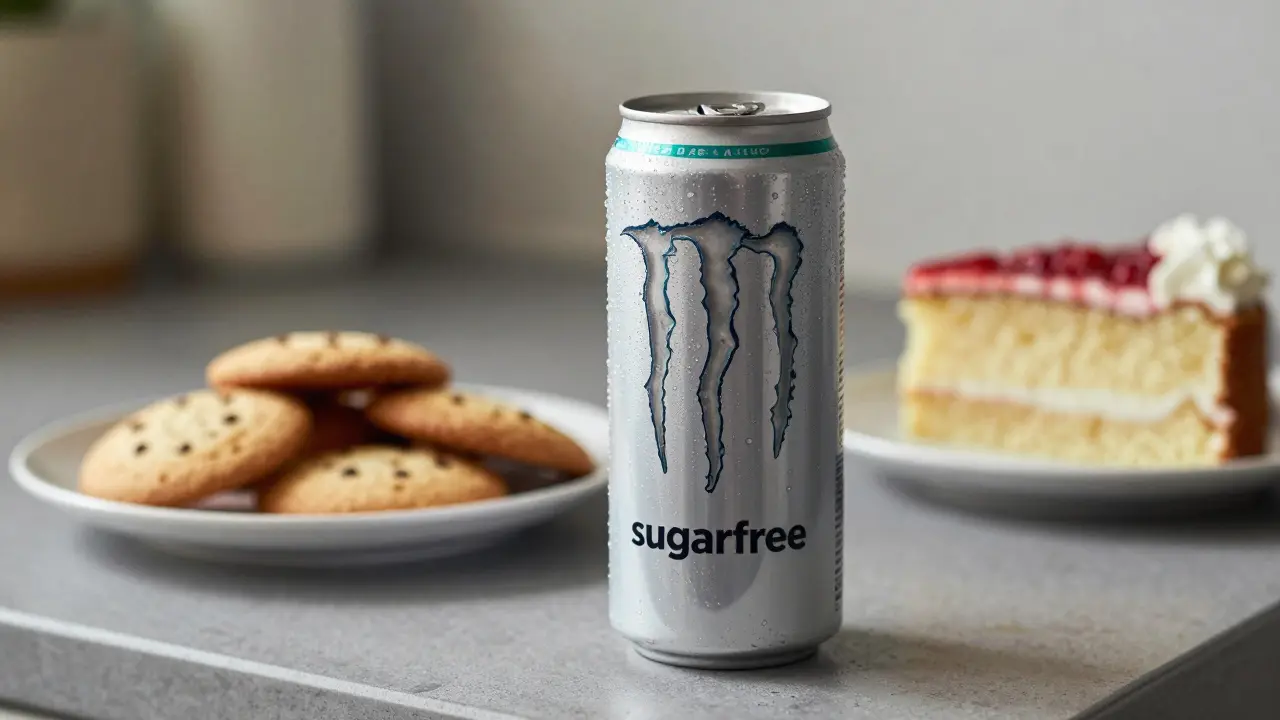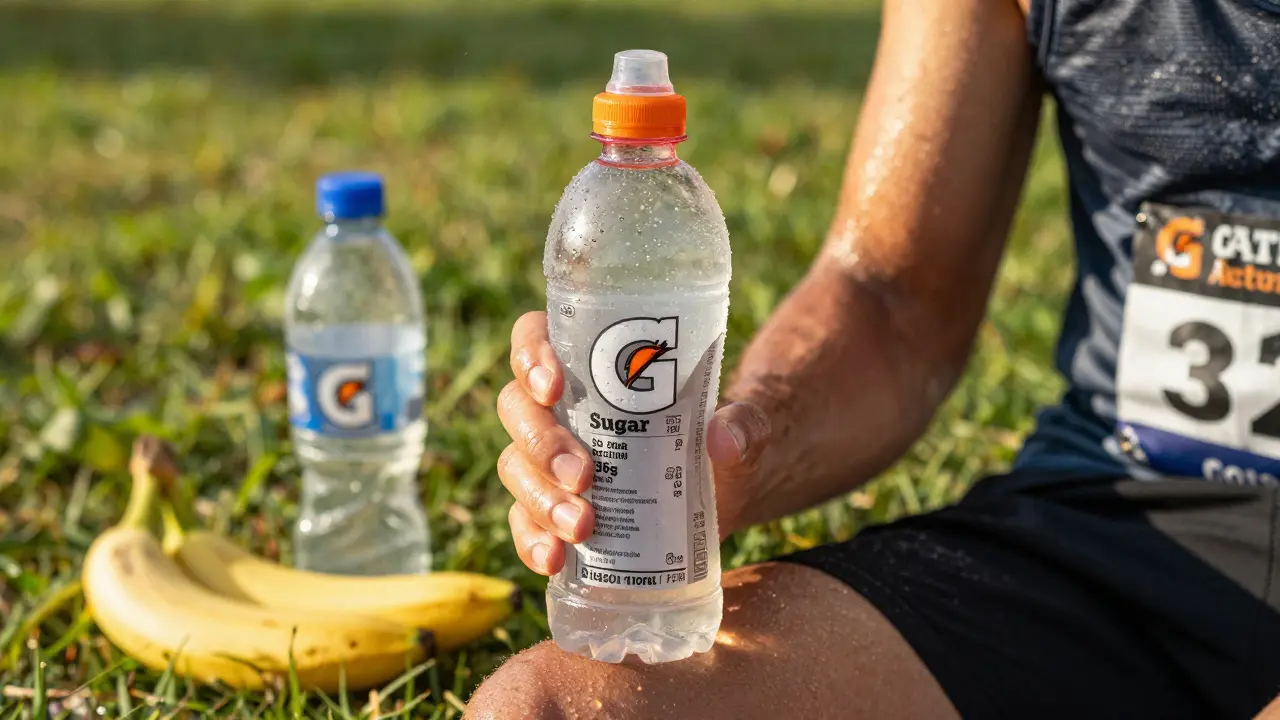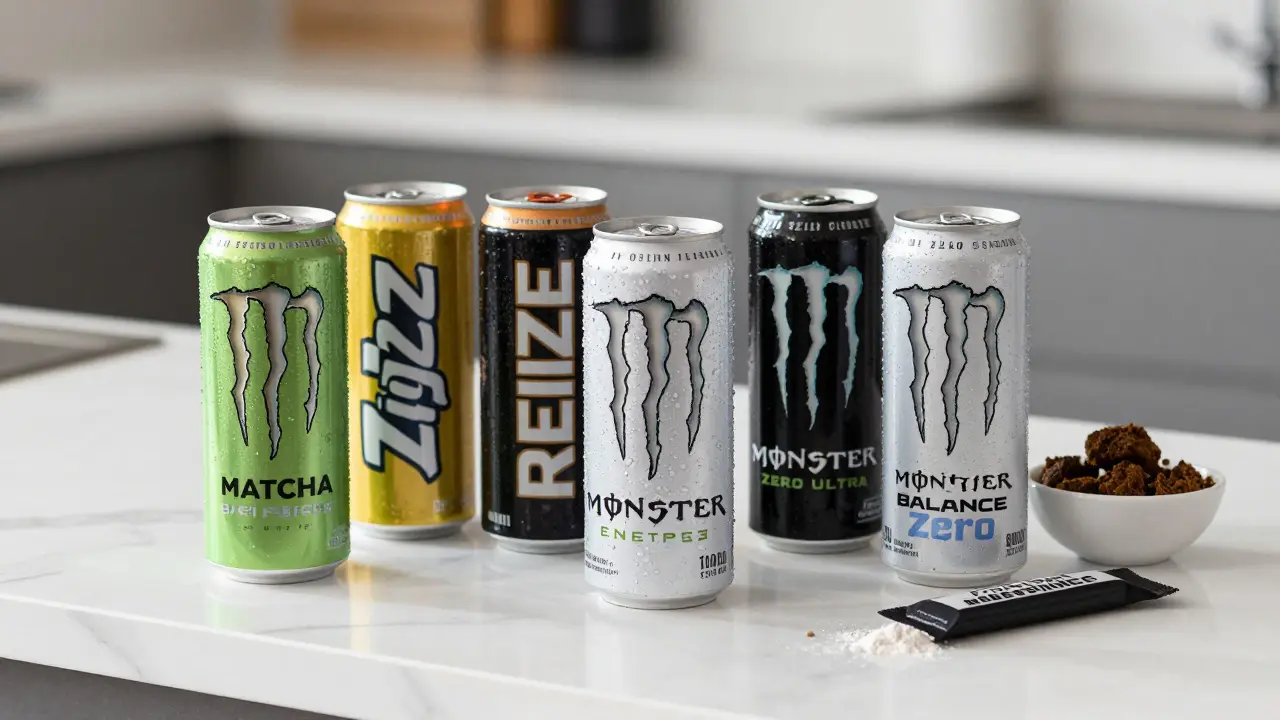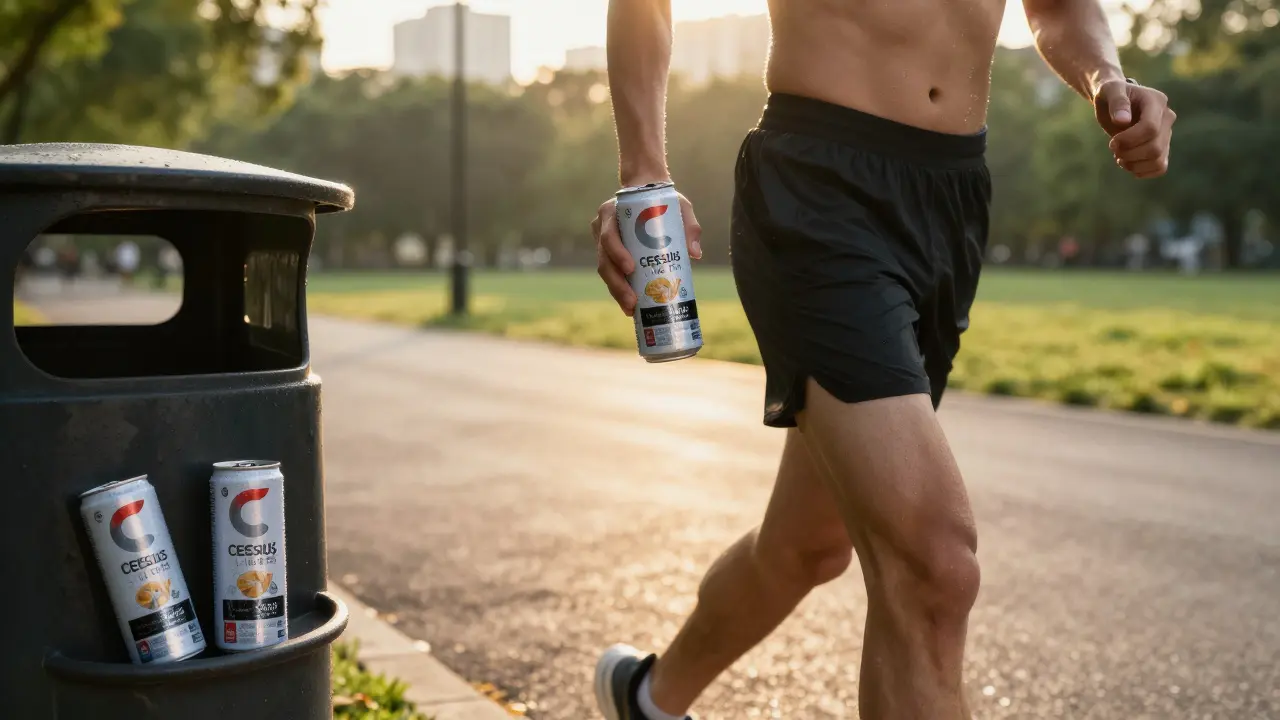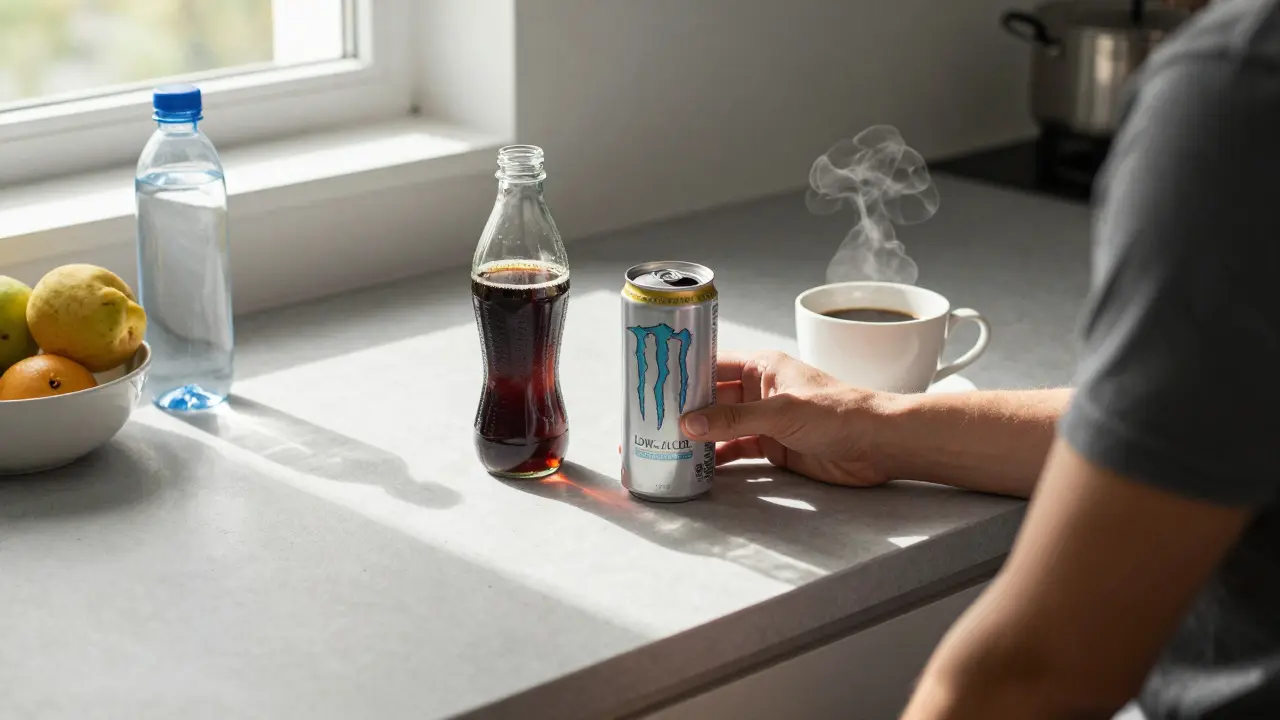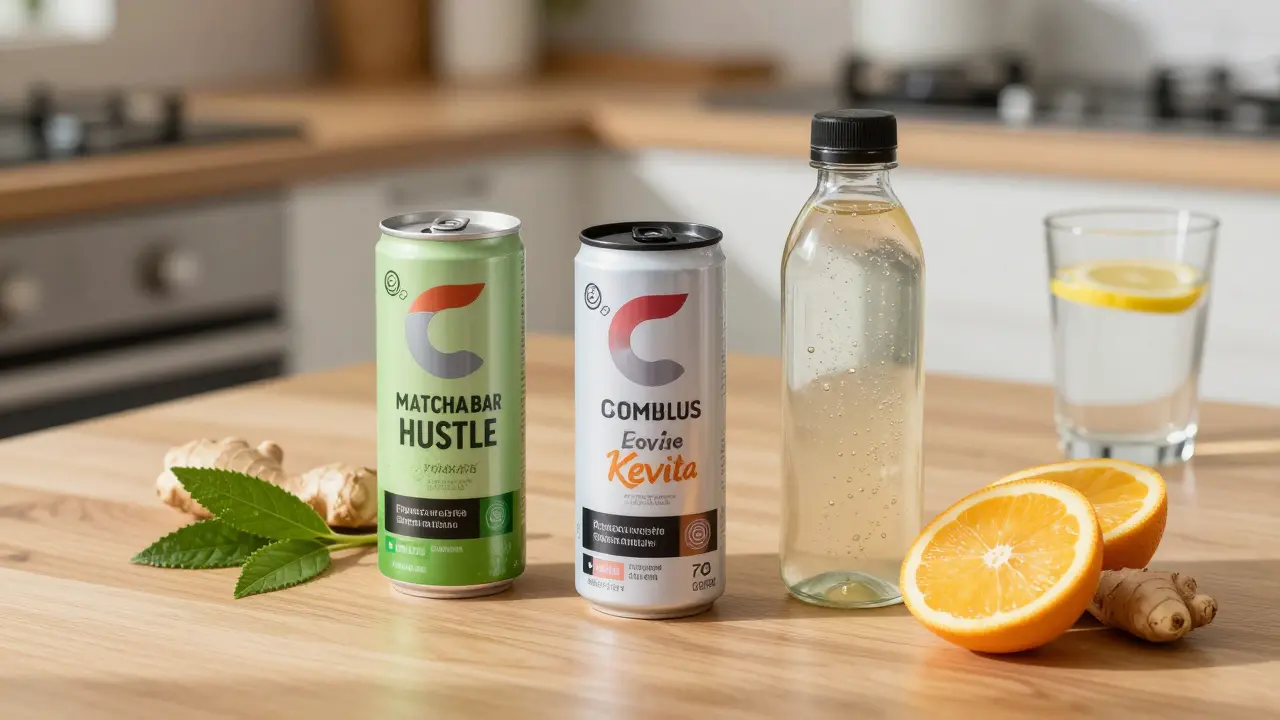Low-Calorie Energy Drinks: A Smart Boost for Your Day
If you want a quick energy lift but want to skip the sugar crash and extra calories, low-calorie energy drinks might be worth a shot. These drinks pack caffeine and other ingredients that fire up your metabolism with fewer calories than traditional energy drinks.
One of the main perks? They help you stay alert and energized without piling on unnecessary sugars or carbs that can slow you down later. Ingredients like green tea extract and caffeine not only perk you up but can also help boost fat burning, especially around stubborn belly fat.
How Low-Calorie Energy Drinks Help Burn Fat
Energy drinks with low calories often rely on metabolism-boosting components. Caffeine is the star here – it increases your metabolic rate, helping you burn more calories even when you’re resting. Green tea extract is another popular ingredient; it contains antioxidants and compounds shown to support fat breakdown.
Keep in mind, these drinks aren't magic solutions. Their impact works best combined with exercise and a balanced diet. When used smartly, they can give your weight loss efforts a nudge without packing your daily calorie count.
Picking the Right Low-Calorie Energy Drink
Not all energy drinks are created equal, so look for options with minimal artificial additives and natural ingredients whenever possible. Check labels for low sugar or sugar-free versions and watch out for excessive caffeine amounts that might cause jitters.
Try to avoid drinks that use lots of artificial sweeteners or fillers. Opt for brands that focus on clean energy formulas, combining caffeine with vitamins like B6 and B12 to keep your energy steady without crashes.
In the end, low-calorie energy drinks can be a convenient and effective way to boost energy and support fat burning if you pick wisely and use them responsibly. They fit nicely into a lifestyle focused on keeping energy high and calories low.
The best weight loss energy drink has zero sugar, clean stimulants like green tea extract, and no artificial sweeteners. Used correctly before workouts, it supports fat burning without cravings or crashes.
Blue Monster is a low-calorie energy drink that helps with alertness, but it cannot be used as fuel for vehicles. Learn what it actually does, how it compares to other drinks, and why pouring it into your gas tank is a bad idea.
Alani Nu vs CELSIUS: Compare ingredients, taste, price, and health effects to pick the best low-calorie energy drink for your fitness goals.
Not all low-calorie energy drinks are created equal. Learn which ones actually give you clean energy without sugar, artificial sweeteners, or hidden stimulants-and which ones to avoid for good.
Zero-calorie energy drinks may have no sugar, but they can still lead to weight gain by disrupting metabolism, increasing cravings, and altering gut health. Here’s how and what to drink instead.
Gatorade isn't the healthiest energy drink for most people. It's high in sugar and only beneficial for intense, prolonged exercise. Better options exist for everyday hydration and energy.
Find out which energy drink has the lowest calories in 2026. Compare top 5 zero-calorie options, their ingredients, caffeine levels, and which ones actually support energy without crashes.
Discover the best low-calorie energy drinks for weight loss in 2026. Learn which brands actually help you burn fat, avoid sugar crashes, and stay energized without adding calories.
You can't spot-reduce belly fat in 7 days, but you can start losing it by swapping sugary drinks for low-calorie energy drinks, eating protein, walking daily, and sleeping well. Real results come from habits, not magic potions.
No drink burns belly fat on its own, but low-calorie energy drinks can help by replacing sugary sodas and supporting active lifestyles. Learn what actually works-and what’s just marketing.
The healthiest drink isn't always the one with the most caffeine. Learn which low-calorie energy drinks actually support your health-and which ones to avoid for better energy without the crash.
No drink melts belly fat in a week. Water, black coffee, and unsweetened tea are your best bets. Avoid sugary drinks and low-calorie energy drinks with artificial sweeteners-they won't burn fat, but they can make it worse.


